Couples Addiction Treatment Near Los Angeles
Los Angeles, with its world-class medical facilities, diverse treatment options, and year-round therapeutic climate, has emerged as a leading destination for couples addiction treatment near Los Angeles. The sprawling metropolitan area offers couples the unique opportunity to heal together while accessing some of the nation’s most innovative addiction treatment programs.
Statistics show that nearly 46.3 million Americans struggled with substance use disorders in 2021, with couples facing addiction together experiencing particularly complex challenges. Unlike individual treatment, couples rehab Los Angeles programs recognize that addiction doesn’t exist in isolation—it impacts entire relationship systems, requiring specialized care that addresses both individual recovery and relationship healing simultaneously.
For couples considering treatment options, understanding what makes certain Los Angeles couples addiction treatment programs effective can mean the difference between lasting recovery and relapse. This comprehensive guide explores the top treatment centers, therapeutic approaches, and practical considerations for couples seeking recovery in the greater Los Angeles area. Whether you’re exploring choosing the right rehab program for your relationship or ready to take immediate action, Los Angeles offers unparalleled resources for couples ready to reclaim their lives together.
Why Los Angeles is Ideal for Couples Addiction Treatment
Los Angeles provides distinct advantages that make it an exceptional choice for couples seeking addiction recovery. The region’s unique combination of medical innovation, cultural diversity, and therapeutic environments creates optimal conditions for relationship-focused healing and long-term recovery success.
Entertainment Industry Expertise and Privacy
The entertainment capital of the world has developed specialized expertise in treating high-profile couples who require discretion and confidentiality. Many couples drug rehab Los Angeles facilities offer enhanced privacy measures, including private transportation, exclusive treatment areas, and carefully vetted staff trained in celebrity client care. This expertise in handling sensitive situations benefits all couples, not just those in the public eye.
Los Angeles treatment centers understand the unique pressures faced by couples in demanding careers. Programs often include flexible scheduling, executive tracks, and specialized therapies designed for high-functioning individuals who need treatment without completely disrupting their professional lives.
Cultural Diversity and Inclusive Treatment
As one of America’s most diverse metropolitan areas, Los Angeles offers couples therapy addiction Los Angeles programs that serve couples from virtually every cultural background. Treatment centers provide bilingual staff, culturally competent therapies, and specialized programs for specific communities including Hispanic, Asian, LGBTQ+, and other populations.
This cultural sensitivity extends to treatment approaches, with many centers incorporating traditional healing practices alongside evidence-based therapies. Couples can find programs that respect their cultural values while providing cutting-edge addiction treatment, creating more effective and comfortable recovery experiences.
Year-Round Therapeutic Climate and Outdoor Programs
The consistently mild climate allows inpatient couples rehab Los Angeles programs to incorporate outdoor therapeutic activities throughout the year. Beach therapy sessions, hiking programs, surfing lessons, and outdoor meditation create unique healing opportunities that wouldn’t be possible in other regions.
Many couples find that shared outdoor experiences help rebuild trust and communication while providing healthy alternatives to substance use. The natural beauty of LA’s beaches, mountains, and urban parks becomes an integral part of the recovery process, offering couples peaceful settings for reflection and relationship work.
Leading Couples Rehab Programs in Los Angeles
Couples Rehabs
As a leading provider of couples addiction treatment near Los Angeles, Couples Rehabs has established itself as a premier destination for couples seeking comprehensive, relationship-focused recovery services. Their specialized approach to treating couples together has earned national recognition for excellence in addressing both individual addiction and relationship healing simultaneously.
Comprehensive Treatment Approach:
- Evidence-based Behavioral Couples Therapy (BCT) programs
- Dual diagnosis treatment for co-occurring mental health disorders
- Individualized treatment plans tailored to each couple’s unique needs
- 24/7 medical supervision with experienced addiction specialists
Specialized Programs:
- Intensive residential treatment with structured daily programming
- Flexible outpatient options for working couples
- Family therapy integration for couples with children
- Alumni support networks and continuing care services
What Sets Couples Rehabs Apart:
- Nationally recognized expertise in couples addiction treatment
- Low client-to-staff ratios ensuring personalized attention
- Comprehensive assessment processes addressing both individual and relationship dynamics
- Proven track record of helping couples achieve lasting recovery together
Couples Rehabs understands that addiction affects not just individuals but entire relationship systems, providing targeted interventions that help couples heal together while building stronger foundations for long-term sobriety. Their experienced team recognizes that successful couples recovery requires addressing both the addiction and the relationship dynamics that may have contributed to substance use.
Harmony Place Treatment Centers
With three specialized facilities throughout Los Angeles, Harmony Place stands out among couples addiction treatment centers near me Los Angeles options for their comprehensive approach to relationship-focused recovery. Their programs specifically address the unique dynamics couples face when both partners struggle with addiction.
Specialized Services:
- Behavioral Couples Therapy (BCT) with certified specialists
- Dual diagnosis treatment for co-occurring mental health disorders
- Flexible outpatient and inpatient options
- Insurance advocacy and financial counseling
Unique Features:
- Locations in Woodland Hills and other convenient LA areas
- Culturally responsive treatment approaches
- Family therapy integration for couples with children
- Alumni support networks specifically for couples
Harmony Place’s success stems from treating each couple as a unique unit while addressing individual recovery needs. Their therapists understand that successful couples recovery requires healing both the addiction and the relationship dynamics that may have contributed to substance use.
Muse Treatment and Recovery Center
Recognized among the top drug and alcohol rehab for couples in Los Angeles CA providers, Muse has earned The Joint Commission’s Gold Seal of Approval for excellence in behavioral health care. Their couples program combines traditional addiction treatment with innovative approaches like neuro-rehabilitation therapy.
Evidence-Based Approaches:
- Cognitive-behavioral therapy for couples
- Dialectical behavioral therapy integration
- Behavioral modification techniques
- Neuro-rehabilitation therapy for relapse prevention
Program Highlights:
- Medical and psychiatric assessments for both partners
- Individual and group therapy components
- Intensive outpatient programs for working couples
- Comprehensive aftercare planning
Muse’s philosophy centers on helping couples understand the root causes of their addiction while building stronger communication and support systems. Their experienced staff recognizes that couples in recovery can provide each other with unique motivation and accountability.
Gratitude Lodge Los Angeles
Offering comprehensive behavioral couples therapy addiction treatment Los Angeles services, Gratitude Lodge specializes in treating couples where both partners struggle with substance abuse. Their programs focus on breaking the cycles that couples often create when addiction affects both partners.
Comprehensive Care Features:
- Medically supervised detoxification for couples
- 24/7 expert care and support
- Structured inpatient and flexible outpatient options
- Sober living partnerships for continued support
Relationship-Focused Interventions:
- Communication skills training
- Conflict resolution techniques
- Trust rebuilding exercises
- Shared goal setting for recovery
Their approach recognizes that couples often become entangled in each other’s addictive behaviors, requiring specialized interventions to break these patterns while preserving the positive aspects of their relationship.
Spark to Recovery
This innovative center provides inpatient couples drug rehab programs Los Angeles California with a holistic approach that addresses mind, body, and spirit. Their programs are particularly effective for couples seeking alternatives to traditional 12-step approaches.
Holistic Treatment Elements:
- Root cause analysis of addiction triggers
- Individualized treatment plans for each partner
- Relationship conflict resolution training
- Integrated mental health support
Specialized Programs:
- Treatment for couples with co-occurring disorders
- Programs for couples where only one partner has addiction
- Family integration therapy
- Extended care planning for long-term success
Spark to Recovery’s success rates reflect their commitment to treating the whole couple, not just individual addiction issues. Their comprehensive approach helps couples develop new relationship patterns that support sustained recovery.

Types of Couples Addiction Treatment Available
Inpatient Residential Programs
Inpatient couples rehab Los Angeles programs provide the most intensive level of care, typically lasting 30-90 days. Couples live at the facility together, receiving 24/7 medical supervision and structured programming designed to address both addiction and relationship issues.
Residential programs are ideal for couples with severe addictions, those who have failed at outpatient treatment, or situations where the home environment contains significant triggers. The immersive experience allows couples to focus entirely on recovery without external distractions, often strengthening their bond through shared commitment to healing.
Intensive Outpatient Programs
For couples who cannot commit to residential treatment, intensive outpatient programs offer flexible couples rehab centers that accept insurance Los Angeles options. These programs typically involve 9-20 hours of therapy per week, allowing couples to maintain work and family responsibilities.
Outpatient programs work well for couples with strong support systems, stable employment, or parenting responsibilities. The ability to practice new recovery skills in real-world settings while receiving professional support can enhance the transfer of therapeutic gains to daily life.
Partial Hospitalization Programs
Partial hospitalization offers a middle ground between inpatient and outpatient care. Couples spend full days at the treatment facility but return home each evening, providing intensive therapy while maintaining some normal routines.
This option works particularly well for couples in the early stages of recovery who need more support than traditional outpatient programs provide but cannot commit to full residential treatment due to work or family obligations.
Behavioral Couples Therapy Options in LA
Behavioral Couples Therapy (BCT) represents the gold standard for behavioral couples therapy addiction treatment Los Angeles programs. This evidence-based approach has consistently shown superior outcomes compared to individual treatment alone, with studies indicating significantly lower relapse rates for couples who complete BCT together.
Core Components of BCT
BCT programs typically include daily “recovery contracts” where both partners commit to specific behaviors supporting sobriety. The partner with addiction agrees to abstain from substances, while the supporting partner agrees to provide encouragement without monitoring or confronting past behavior.
Communication training forms another crucial component, teaching couples how to express needs, resolve conflicts, and provide mutual support without triggering relapse. These skills prove essential for long-term recovery success and relationship satisfaction.
Specialized BCT Approaches
Los Angeles offers various BCT specializations including programs for specific substances (alcohol, opioids, stimulants), cultural backgrounds, and relationship configurations. LGBTQ+ couples can find affirming programs that address unique challenges they may face in both addiction and relationship recovery.
Some centers offer accelerated BCT programs for couples with time constraints, while others provide extended programs for those with complex trauma histories or multiple previous treatment attempts.
Insurance Coverage for Couples Rehab in Los Angeles
Understanding insurance coverage for couples rehab centers that accept insurance Los Angeles requires navigating complex benefit structures. Most insurance plans provide some coverage for addiction treatment under the Mental Health Parity Act, but couples-specific programming may have different coverage levels.
California Insurance Landscape
California’s robust insurance regulations generally favor addiction treatment coverage. Major providers like Anthem Blue Cross, Kaiser Permanente, and Blue Shield of California typically cover individual addiction treatment, with varying levels of support for couples programming.
Many Los Angeles treatment centers employ dedicated insurance advocates who work directly with providers to maximize coverage for couples. These specialists understand the nuances of different plans and can often secure coverage for treatments that couples might assume are excluded.
Maximizing Insurance Benefits
The key to maximizing insurance coverage lies in proper documentation and pre-authorization. Treatment centers with experienced insurance departments can help couples understand their benefits, obtain necessary approvals, and appeal denied claims when appropriate.
Some couples find that their individual benefits can be combined to cover couples programming, while others may need to use out-of-network benefits for specialized couples treatment options.
Choosing the Right Treatment Program for Your Relationship
Selecting effective treatment requires careful evaluation of multiple factors beyond location and cost. The most successful outcomes result from programs that demonstrate excellence across several key areas directly impacting both individual recovery and relationship healing.
Assessment and Evaluation Processes
Quality programs begin with comprehensive evaluations of both partners individually and as a couple. This assessment should examine addiction severity using standardized instruments, mental health concerns including screening for depression and anxiety, relationship dynamics including communication patterns, and trauma histories that may impact recovery.
Evidence-Based Treatment Approaches
Look for programs that integrate proven therapies specifically designed for couples facing addiction. Behavioral Couples Therapy shows particularly strong outcomes, but effective programs also incorporate Emotionally Focused Therapy (EFT), Cognitive Behavioral Therapy (CBT), and trauma-informed care approaches.
Staff Qualifications and Specializations
The most effective programs employ licensed addiction counselors who also hold specialized training in couples and family therapy. This dual expertise is crucial because treating addiction within a relationship context requires understanding both addiction medicine and complex relationship dynamics.
Aftercare and Continuing Support
Recovery extends far beyond formal treatment completion. Strong programs provide comprehensive aftercare including continued therapy options, support group connections, and alumni programs that maintain long-term engagement with graduates.
Cost Considerations and Financial Planning
Treatment costs for couples programs vary significantly based on program type, length of stay, and amenities offered. Standard outpatient programs typically range from $5,000-$15,000 for three months, while luxury residential programs can cost $30,000-$100,000 monthly.
Financial Assistance Options
Beyond insurance coverage, many centers offer payment plans, sliding-scale fees, or scholarship programs. Some programs partner with medical credit companies to provide extended payment terms at competitive rates.
California residents may be eligible for state-funded programs, county-based assistance, or programs specifically designed for uninsured or underinsured couples. Veterans’ benefits may also provide coverage for military couples seeking treatment.
Return on Investment
While upfront costs may seem substantial, successful couples treatment often pays for itself through reduced medical expenses, increased earning potential, preserved assets that might otherwise be lost to addiction consequences, and eliminated costs related to substance purchases and legal problems.
Taking the First Step: Getting Started with Treatment
Beginning the recovery journey as a couple requires courage and commitment from both partners. The most important factor is ensuring both individuals are ready to engage honestly in the treatment process and work on both their individual recovery and relationship healing.
Preparation and Planning
Before entering any program, couples should complete thorough medical and psychological evaluations to determine the appropriate level of care. Practical preparations include arranging time away from work, securing childcare or pet care, and organizing financial affairs.
Many couples benefit from involving trusted family members or friends in their support network during this transition period. Having external support can provide additional motivation and accountability throughout the treatment process.
Questions to Ask Treatment Centers
When evaluating programs, couples should ask specific questions about treatment philosophies, success rates, staff qualifications, and program structure. Important considerations include whether couples can room together, how individual and joint therapy time is balanced, visitor policies, and how programs handle potential conflicts between partners during treatment.
Frequently Asked Questions
1. How long do couples addiction treatment programs typically last in Los Angeles? Most programs range from 30-90 days for inpatient treatment, while outpatient programs can last 3-12 months. Length depends on addiction severity, previous treatment attempts, and individual progress rates.
2. Do both partners need to have addiction issues to qualify for couples treatment? No, many programs accept couples where only one partner has a substance use disorder, recognizing that addiction affects both partners and the entire relationship dynamic.
3. Can couples stay in the same room during inpatient treatment? Policies vary by facility. Some allow couples to room together immediately, while others require initial separation with progression to shared accommodations as treatment advances.
4. How much does couples addiction treatment cost in Los Angeles? Costs range from $5,000-$15,000 for outpatient programs to $30,000-$100,000 for luxury residential options. Many insurance plans provide significant coverage, reducing out-of-pocket expenses.
5. What happens if we decide to separate during treatment? Quality programs have protocols for supporting couples who choose to separate, including individual therapy continuation, separate group participation, and decision-making support.
6. Are there programs specifically designed for LGBTQ+ couples? Yes, several Los Angeles centers offer LGBTQ+-affirming programs with culturally competent staff trained to address unique challenges facing these couples.
7. How do programs handle relapse during treatment? Protocols typically include immediate assessment, possible medical intervention, individual counseling, and treatment plan modifications while maintaining the couple’s participation when clinically appropriate.
8. What types of therapy are used in couples addiction programs? Common approaches include Behavioral Couples Therapy (BCT), Emotionally Focused Therapy (EFT), Cognitive Behavioral Therapy (CBT), and trauma-informed care, often combined with individual and group therapies.
9. Can we bring our children to visit during treatment? Most programs allow supervised family visits, and some offer family therapy sessions that include children. Policies vary regarding visit frequency and duration.
10. What ongoing support is available after completing treatment? Aftercare typically includes continued therapy options, alumni programs, support group referrals, and crisis intervention services, with graduated support that decreases in intensity over time.
Conclusion: Your Journey to Recovery Starts Today
Choosing couples addiction treatment represents one of the most courageous and important decisions a couple can make. Los Angeles offers exceptional treatment centers, innovative therapeutic approaches, and comprehensive support systems designed specifically for couples ready to heal together and build stronger relationships in recovery.
The path to recovery isn’t always straightforward, but with the right support, evidence-based treatment, and mutual commitment, lasting healing is entirely achievable. Whether you’re drawn to the cultural diversity of LA’s treatment landscape, the year-round therapeutic climate, or the innovative approaches available throughout the metropolitan area, Los Angeles provides unparalleled opportunities for couples seeking recovery.
Recovery means more than just stopping substance use—it’s about rebuilding trust, rediscovering intimacy, and creating a shared future free from addiction’s devastating effects. The investment in couples treatment pays dividends not just in sobriety, but in the strength, resilience, and deepened connection of your relationship.
Don’t let addiction define your relationship any longer. Los Angeles’s specialized couples addiction treatment programs provide the tools, support, and environment needed to reclaim your lives together. For comprehensive guidance on selecting the right treatment approach for your unique situation, explore our detailed resource on choosing the right rehab program for your relationship.
Ready to take the first step toward healing together? Contact Couples Rehabs today to speak with our experienced admissions specialists about how our comprehensive San Diego-based program can support your recovery journey. Our compassionate team understands the unique challenges couples face and is dedicated to helping you find the path to lasting recovery and relationship renewal. Your new life together is just one phone call away—don’t wait, start your journey to healing today.
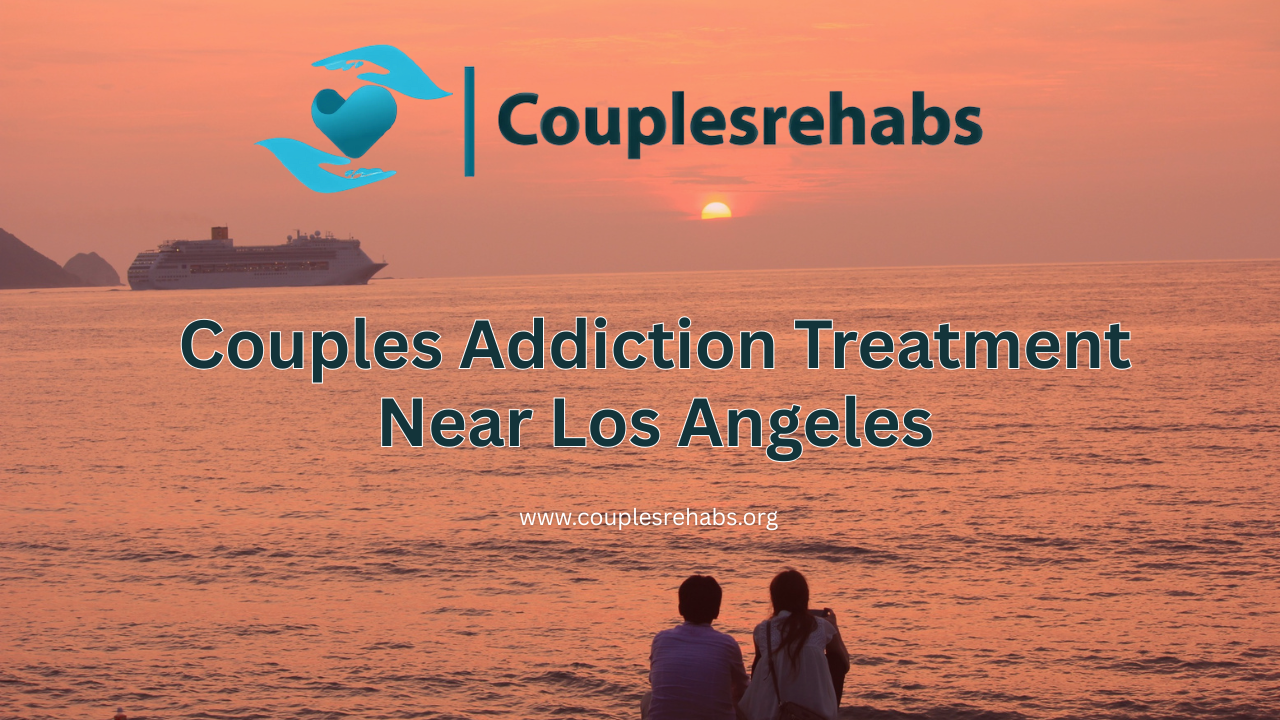
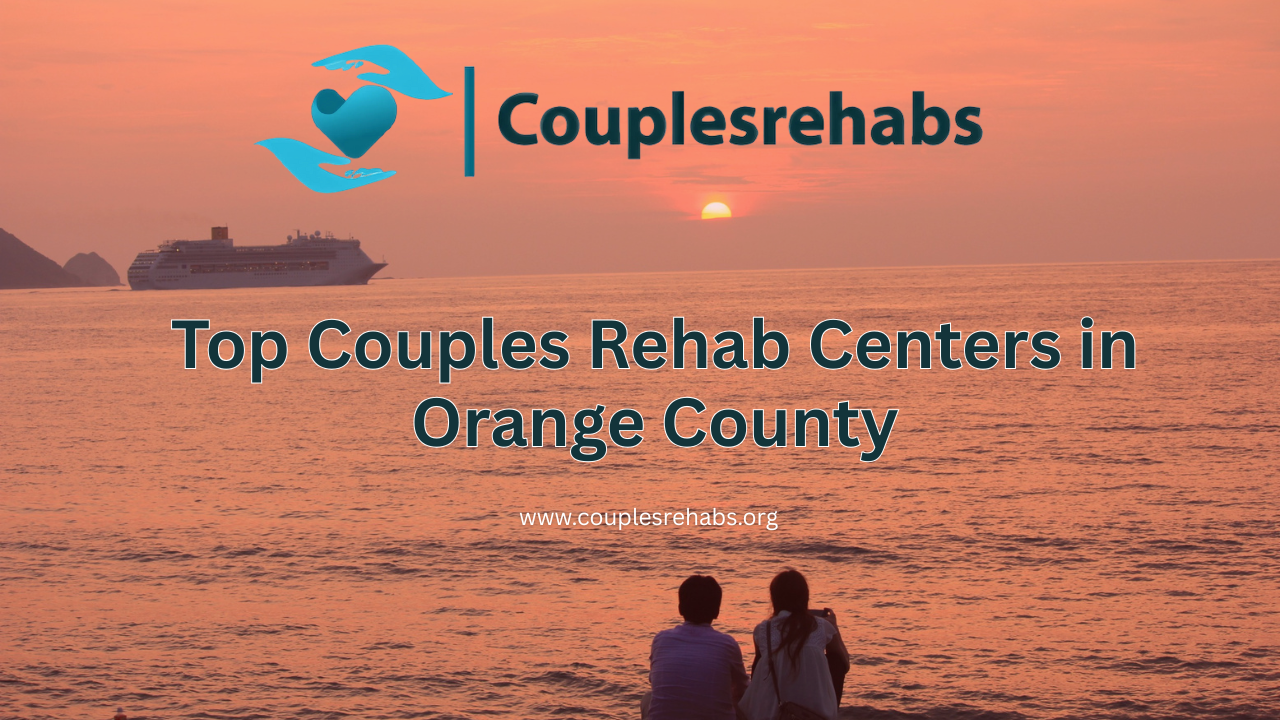

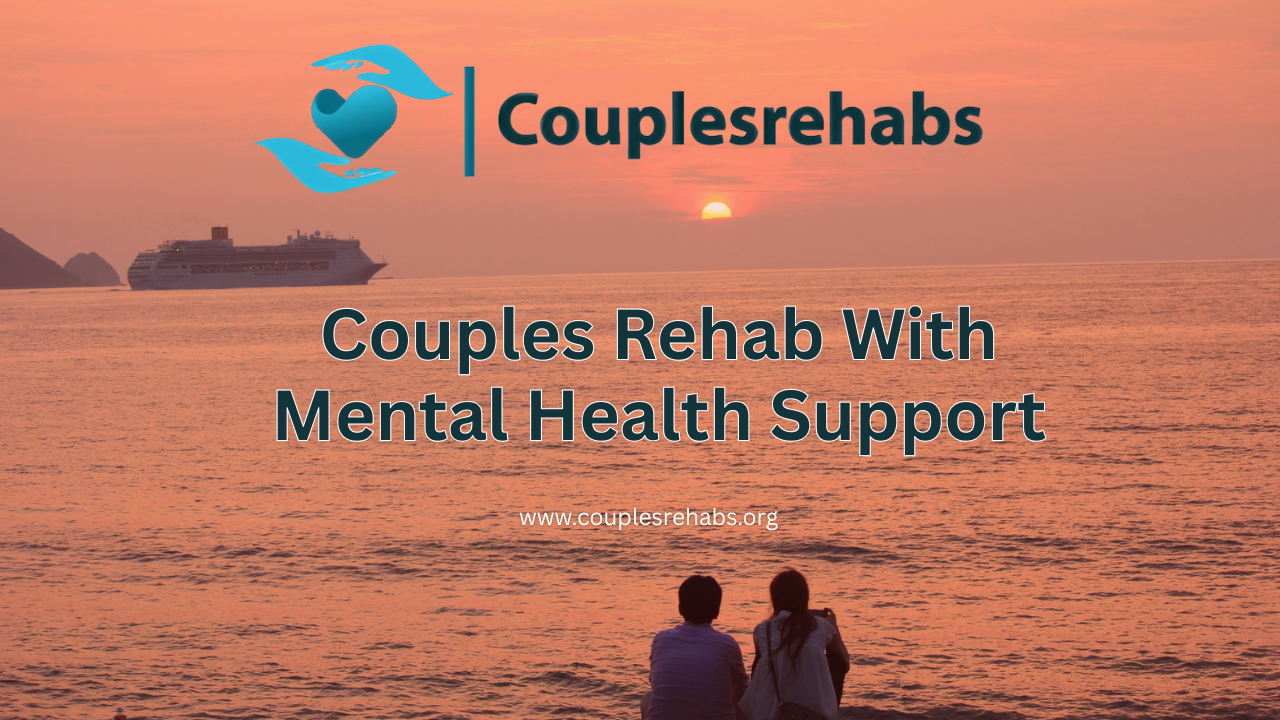

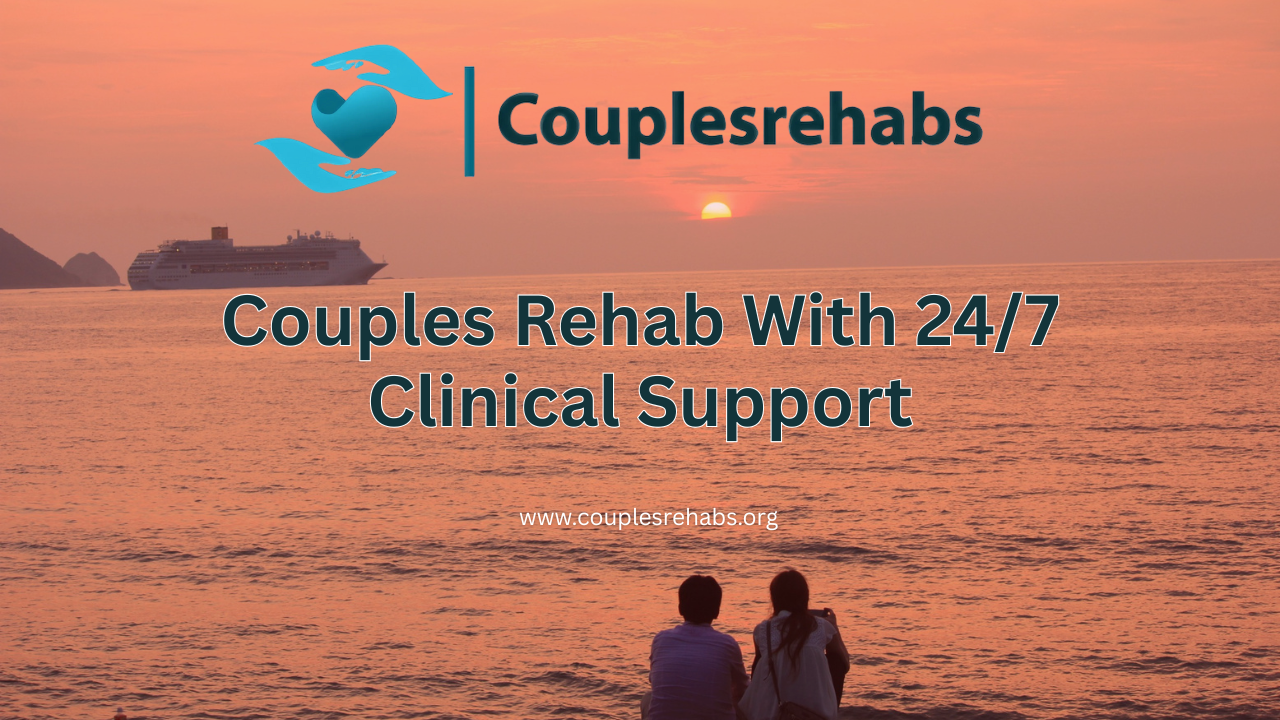
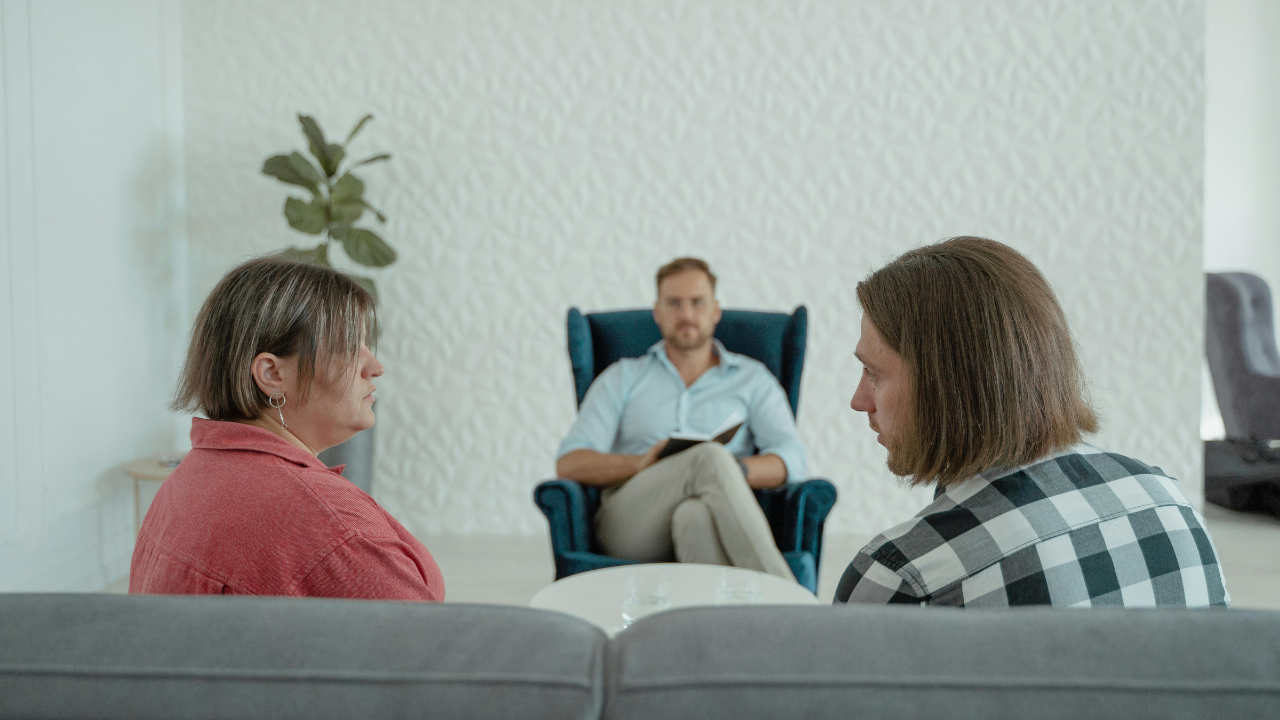
Recent Comments